Filipino Pride Is Everywhere - So Why Are Legal Defense and Worker Protections Still Out of Reach for so many Filipinos?
Everyone wants to celebrate our culture- but when visbility isn’t enough, who's fighting for our rights?
Written By Clifford Temprosa
Aug 7, 2025
Being Filipino in America is a balancing act between assimilation, manipulation, and legal precarity. We celebrate our resilience through barrio fiestas, Bayanihan murals, and independence day celebrations, but beneath the surface, many of us live in the shadow of a system that was never designed to protect us.
Our people are overrepresented in essential work and underrepresented in courtrooms. We raise America’s children, heal its sick, and build its infrastructure, yet when it comes to legal protection, we’re often left to navigate the system alone. Here is the truth. When all the politicians and decision makers show up to speak at our celebrations and all the titos and titas line up for the photo op, but fail to deliver on promises for civil rights and legal defense. This is your reminder that is boldly and critically, performative. Our community deserves more than visibility. Filipino Americans deserve equitable justice.
This is the case for counsel.
The Immigration System Wasn’t Built for Us
Filipino immigrants are stuck in one of the most backlogged immigration systems in the world, some waiting over two decades to reunite with family. Our people disproportionately fall into categories most vulnerable to legal precarity: overstayed visas, temporary labor migration, long-stalled family petitions, and undocumented youth with no pathway to legalization.
We’re told we’re model immigrants, yet treated like legal liabilities.
We’ve staffed this country’s care economy for generations, yet when caregivers fall out of status due to employer abuse or visa restrictions. They are discarded, denied basic protections, and often deported. Meanwhile, our undocumented youth, many raised in American schools, age into adulthood without work authorization, healthcare access, or security.
This isn’t a paperwork issue. It is a policy failure. One that weaponizes bureaucracy to keep our families apart, our status unstable, and our futures uncertain.
The system is complex by design. It is punitive in nature. And it is nearly impossible to navigate without legal counsel. These aren’t just delays. They are clear detentions. These aren’t just backlogs. The outcomes are broken lives. And Filipino communities have had to survive all of it, largely alone.
Labor Exploitation Is a Legal Crisis
Across industries like home care, domestic work, hospitality, and construction, Filipinos are among the most overworked and underprotected laborers in the U.S.
Employers routinely violate basic labor laws by stealing wages, denying overtime, forcing off-the-clock work, and leveraging immigration status as a silencing tool. Workers are told not to complain or risk losing their job, their housing, or even their ability to remain in the country.
For undocumented workers, trafficked caregivers, and temporary visa holders, the threat of retaliation is real, and often effective. Because filing a wage complaint or calling a lawyer can feel more dangerous and costly, than staying silent.
What happens when they do seek help? They find a legal system ill-equipped to serve them. No cost effective or pro bono lawyers, no culturally responsive legal clinics, and no outreach campaigns designed for Filipino workers.
Labor violations against our community aren’t rare. They are institutional. Without Filipino-led legal support, enforcement remains a privilege reserved for those who can afford it, understand it, or aren’t afraid to use it.
Legal equity means more than just access to representation. It means trust, language, protection, and power. It means making sure our workers have someone to call before things get worse and not after.
Legal Systems Don’t Reflect or Protect Us
While systemic inequity harms all communities of color, Filipino Americans are uniquely underserved in the legal services landscape.
Most mainstream legal service providers still lack Tagalog, Ilocano, or Visayan language support. Filipino-led organizations are chronically underfunded in public contracts and foundation aid, many lack capacity to execute direct service programming, and legal service specific nonprofits are not as readily available. Many of our kababayans, especially seniors, domestic workers, and undocumented youth, don’t know their rights, let alone how to assert them.
We face a status quo in which infrastructure, resource allocation, capacity, education, and talent are scarce.
Our invisibility is systemic, not accidental. Filipino communities are often collapsed into pan-Asian categories in research, reporting, and policy, rendering our distinct migration histories, labor experiences, and legal vulnerabilities invisible to funders and decision-makers.
Legal support isn’t just about representation. It's about language access, being culturally responsive, and having community autonomy over the tools of justice.
Building Our Own Defense: FALDEF and Filipino-Led Legal Power
In response to decades of exclusion, Filipino-led legal organizations have begun to fill the gaps left by traditional systems.
The Filipino American Legal Defense and Education Fund (FALDEF) is at the forefront of this effort, providing free legal assistance in immigration, civil rights, and workers’ rights. Their work has helped survivors of wage theft recover stolen earnings, supported DACA recipients navigating renewal backlogs, and defended immigrants in deportation proceedings.
Other grassroots groups like Damayan Migrant Workers Association and the Filipino Migrant Center are embedding legal services within broader organizing strategies. They’re not just defending clients, they’re mobilizing communities to demand policy change, pass worker protections, and expose systemic abuse.
These organizations are proof that when legal services are rooted in culture, language, and movement-building, they don’t just address injustice, they prevent it.
What Needs to Change: A Legal Equity Agenda for Filipino Communities
We’re in a cultural moment where Filipino pride is on the rise but visibility without protection is a dangerous illusion. Our people are being evicted, detained, exploited, and deported. And too many of us are doing it without a lawyer, without translation, and without recourse.
It’s not enough to be celebrated. We must be protected. We must be defended.
To secure true justice for Filipino Americans, we need a radical shift in how legal systems engage our communities:
1. Fund Filipino-led legal and immigrant justice organizations.
2. Expand language access services in housing, labor, and immigration courts.
3. Train and pipeline Filipino American lawyers, paralegals, and legal advocates who reflect the community.
4. Invest in legal education and know-your-rights outreach, especially for seniors, domestic workers, and mixed-status families.
5, Demand that public agencies disaggregate data on Asian American communities guide equitable funding, resource allocation, and service delivery.
We must not allow ourselves to remain passive recipients of injustice. We must strive to become legal strategists, workers, and organizers so that our people need not be survivors.
Filipino communities don’t just need more lawyers. We need more liberation.
And that begins when we stop treating legal protection as a privilege, and start recognizing it as the baseline for dignity, safety, and community power.




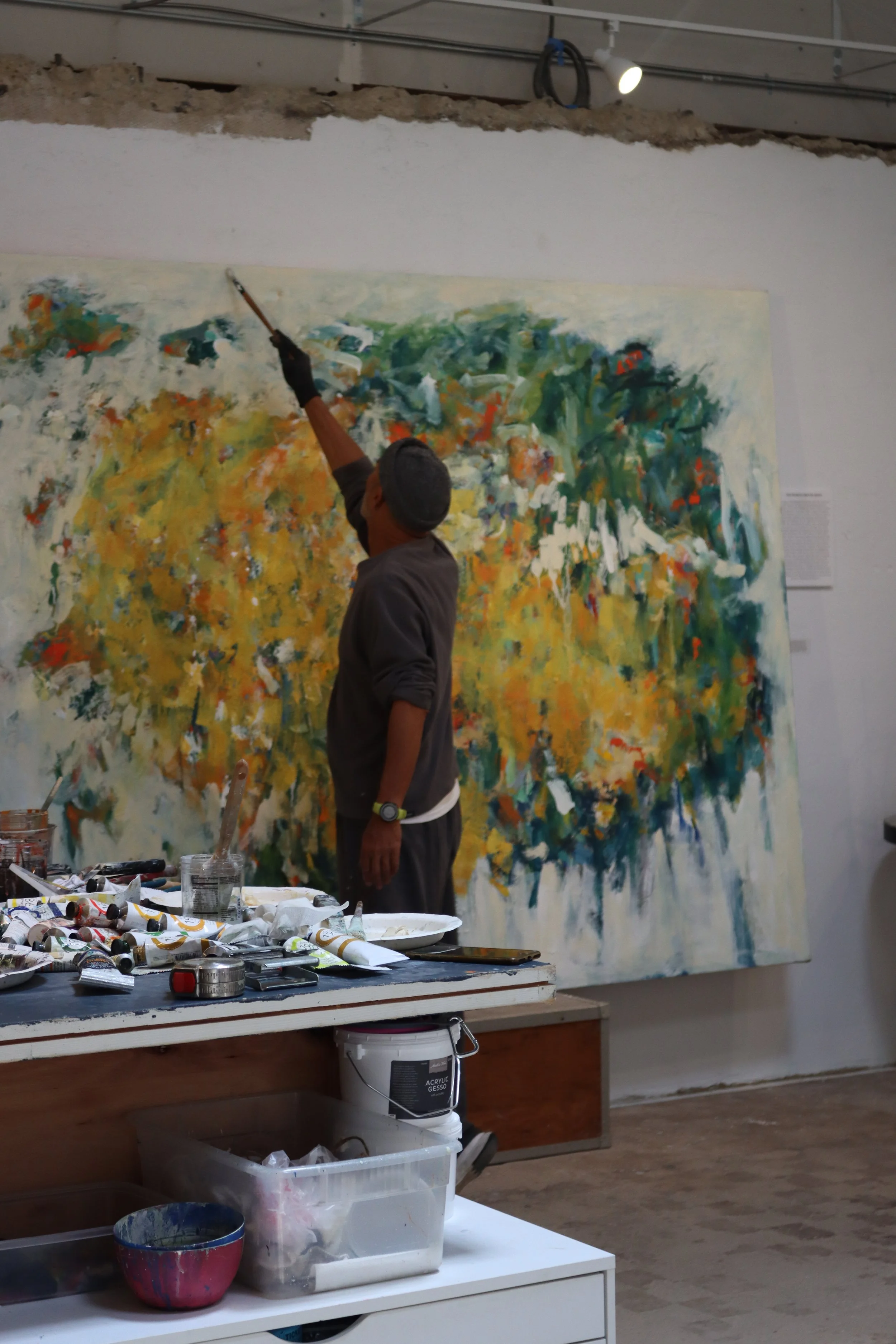
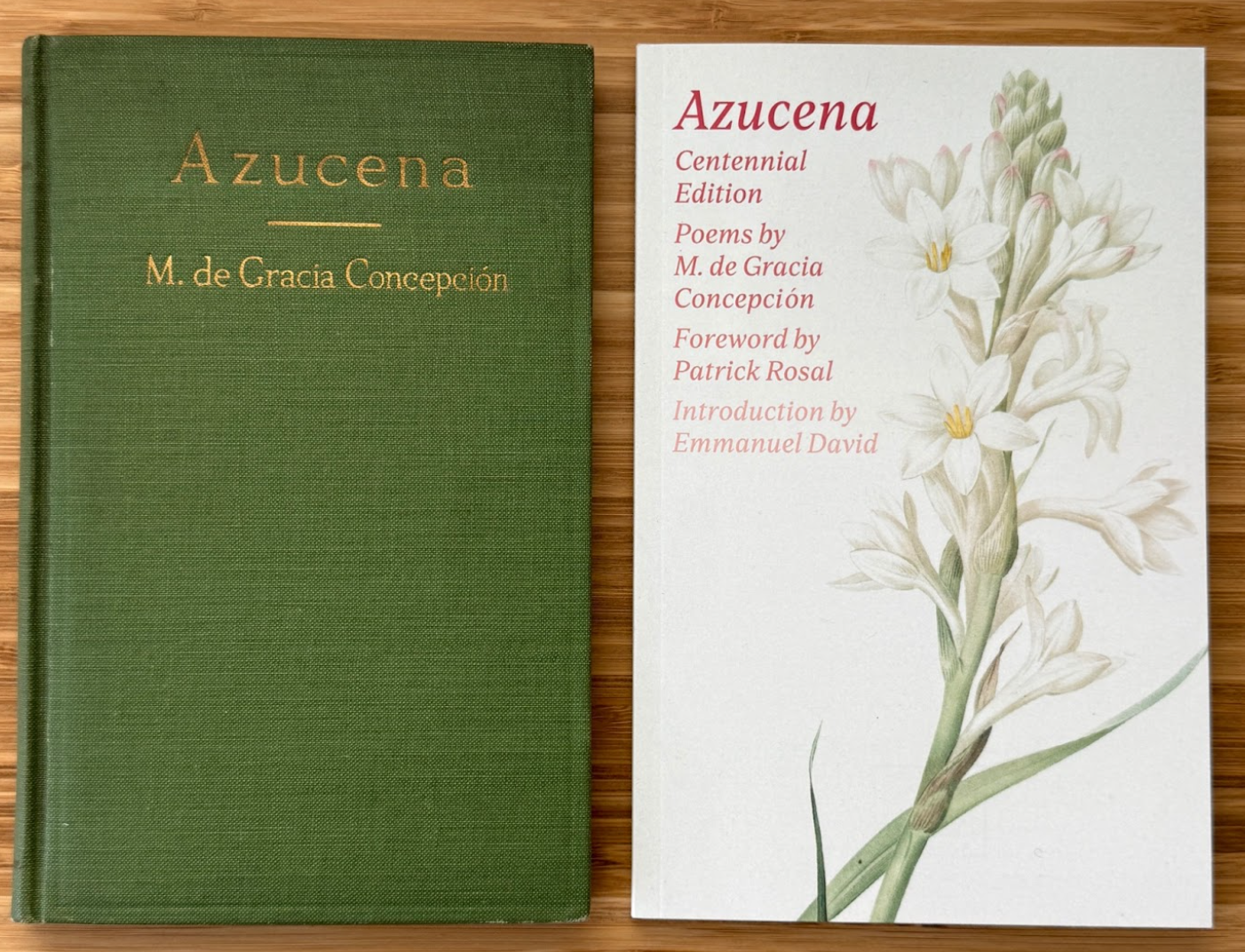
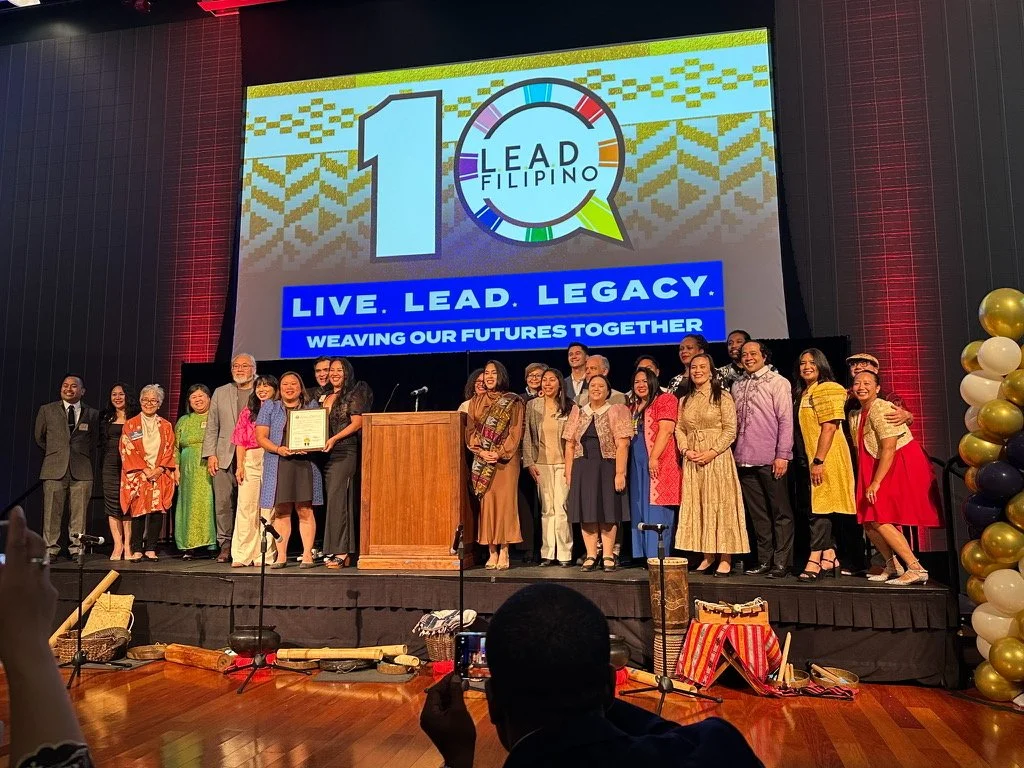

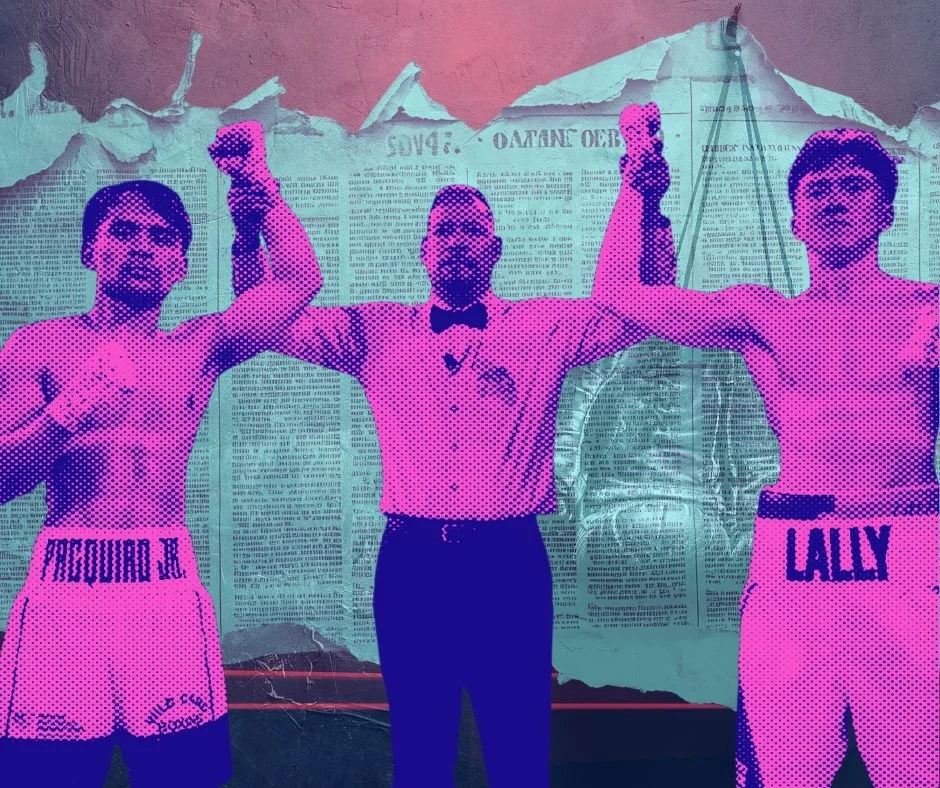


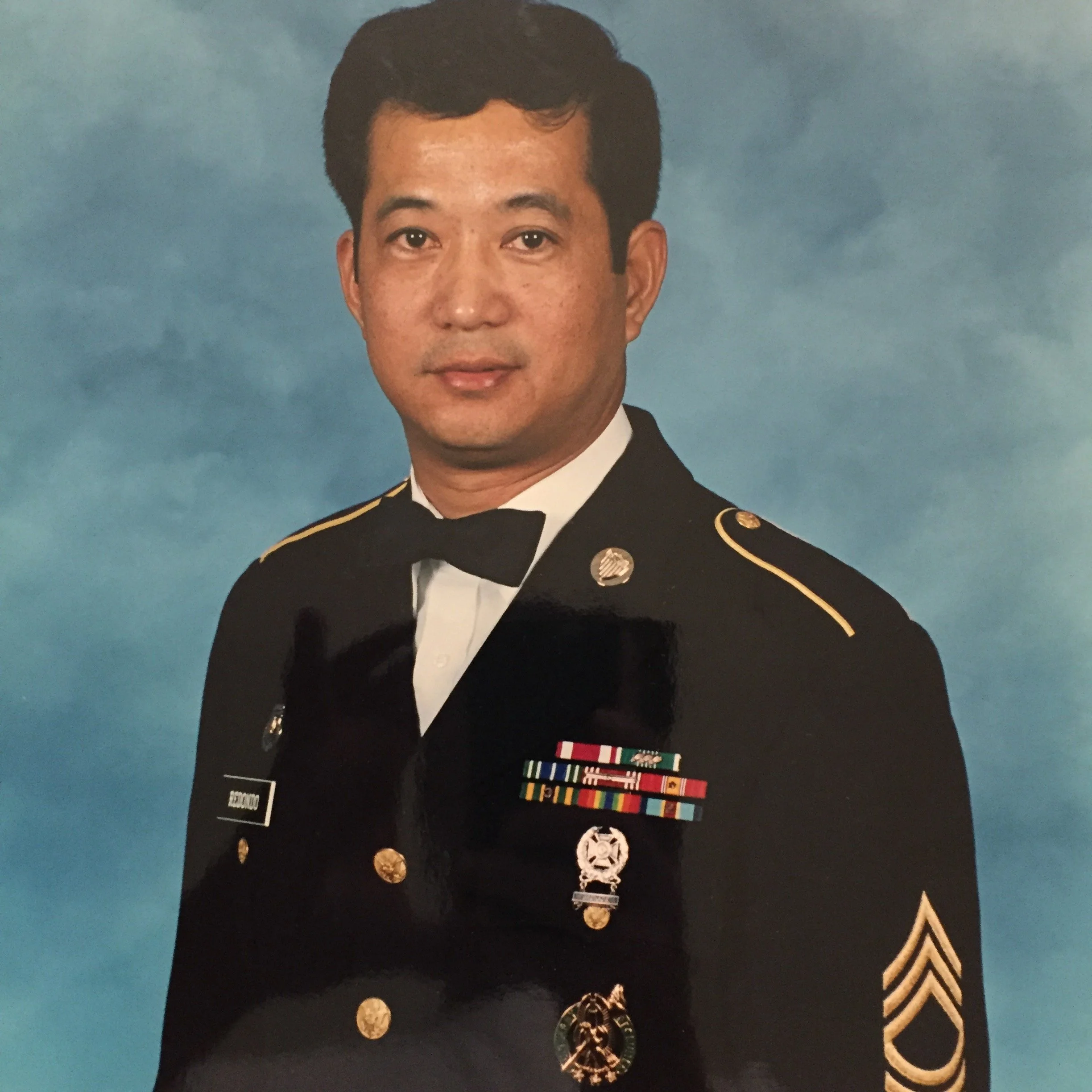









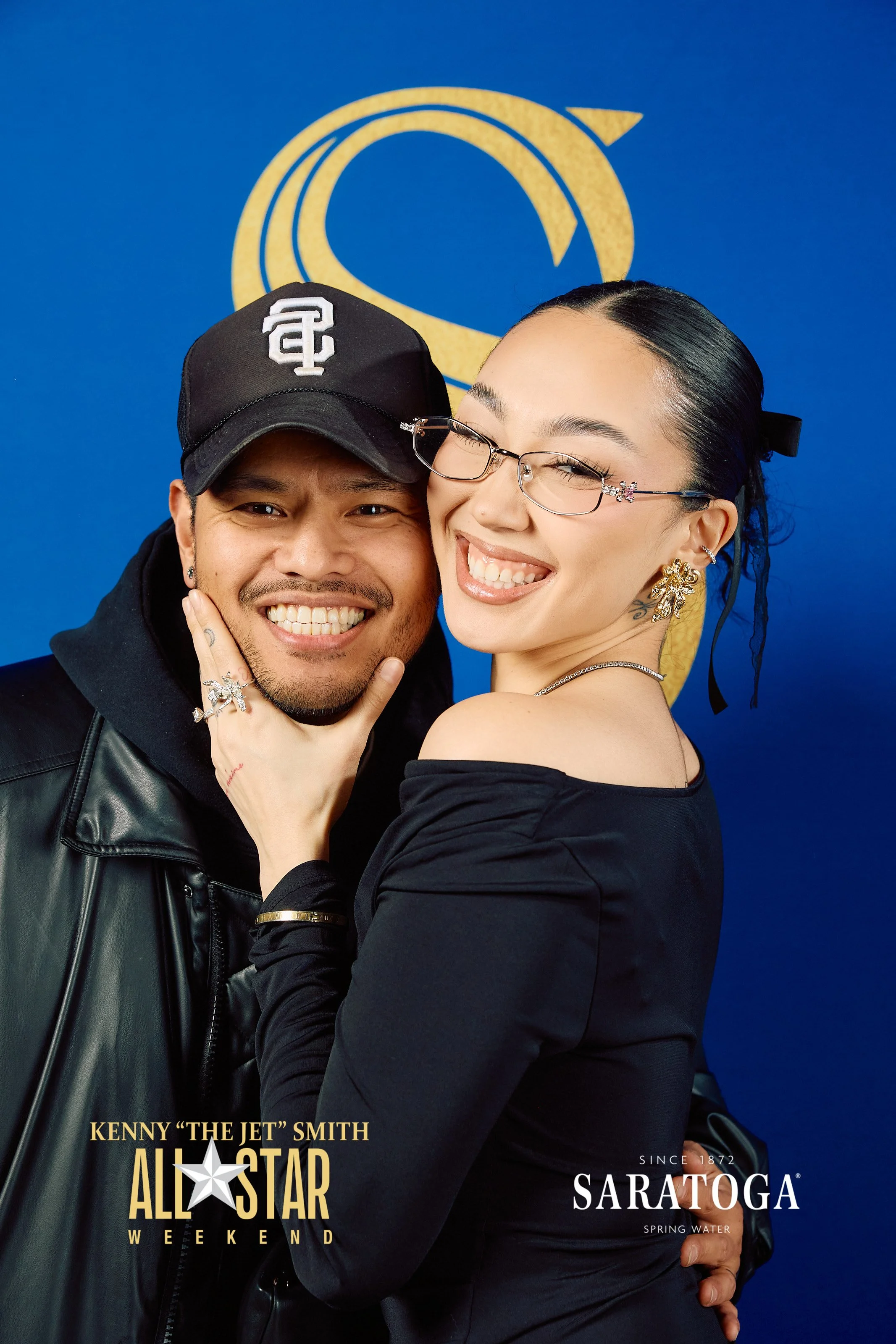








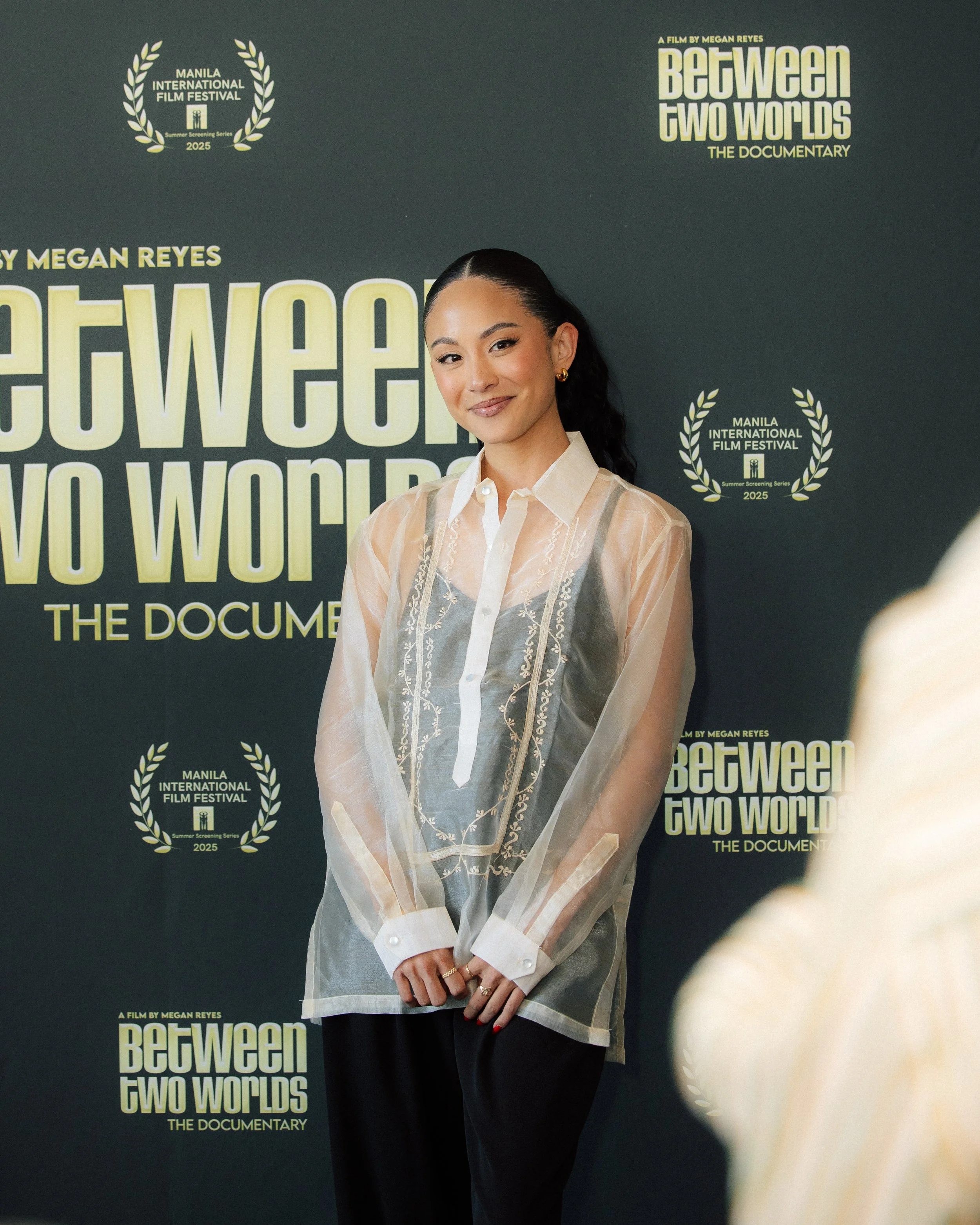

When the Avengers: Doomsday one-year countdown dropped, audiences didn’t just watch. They paused, replayed, shared, and even speculated about hidden messages. A week later, the clip surpassed 14 million views, becoming a viral moment picked up across major media outlets that fueled anticipation for the next chapter of the Marvel Universe.
The countdown video was the result of a collaborative effort led by AGBO and its studio partners. Supporting the marketing team as a contracted editor was Joshua Ortiz (@joshuajortiz), a Filipino American filmmaker whose career has steadily built toward opportunities to contribute to projects of this scale, alongside earlier success with the short films he has written and directed.